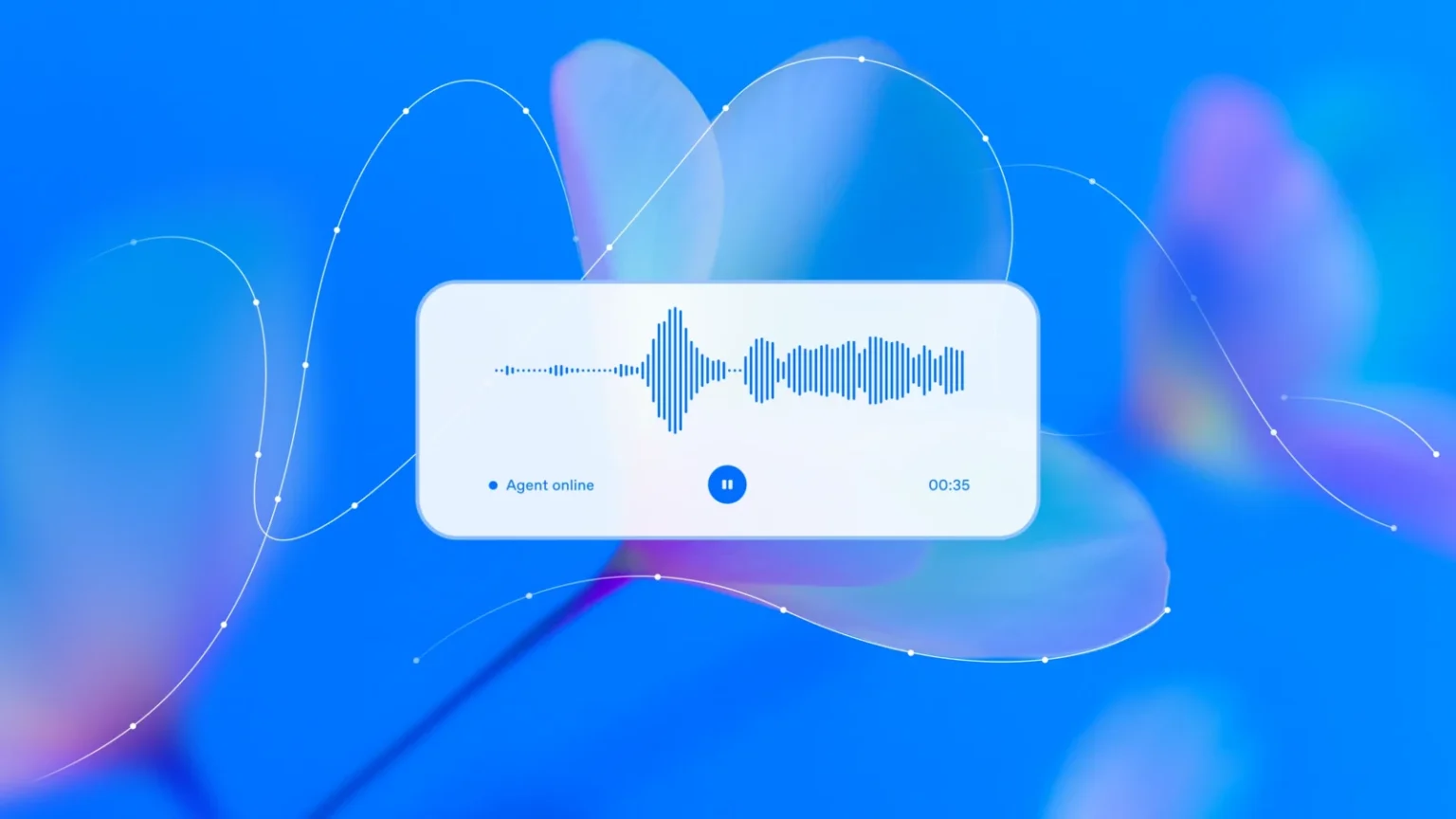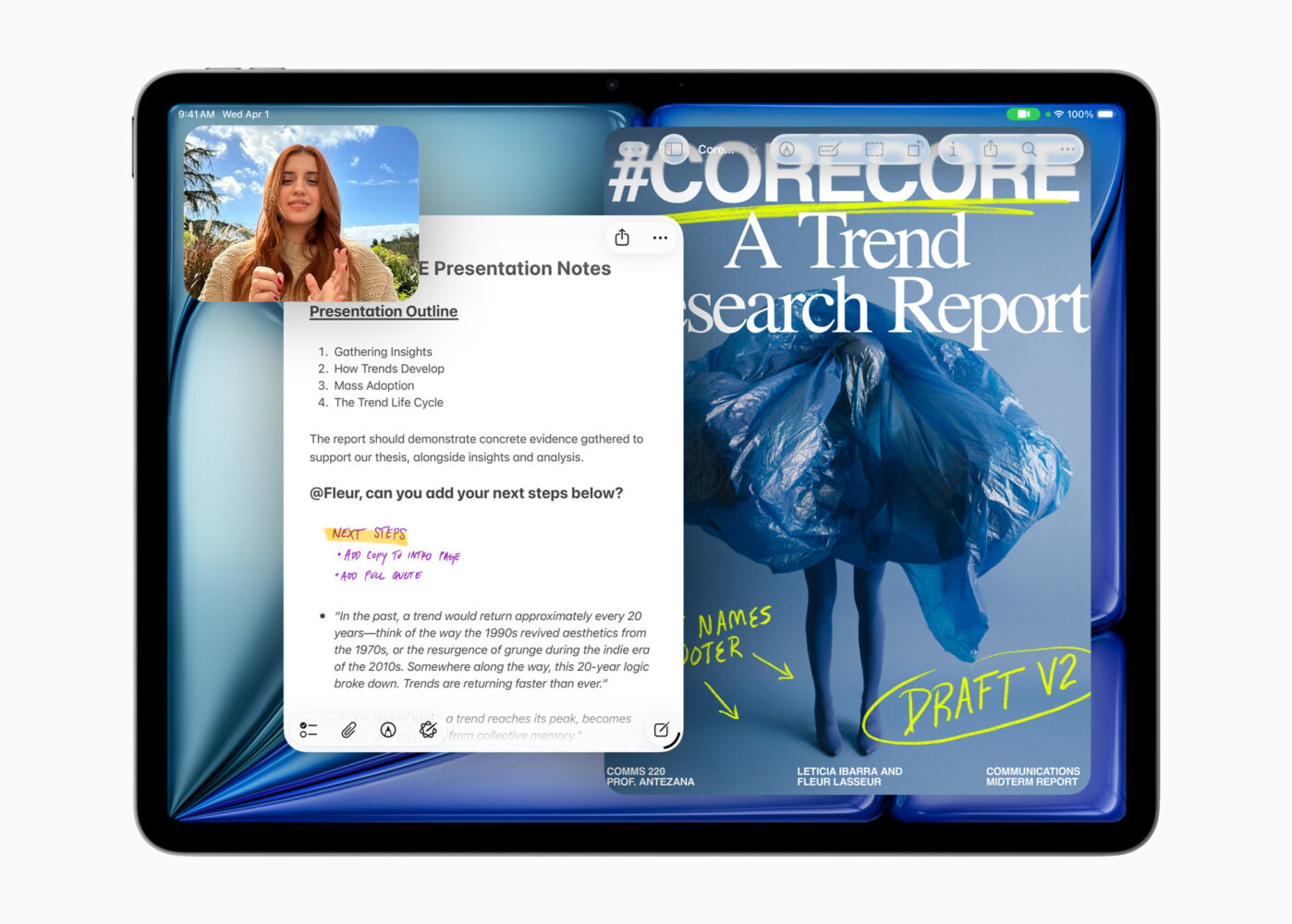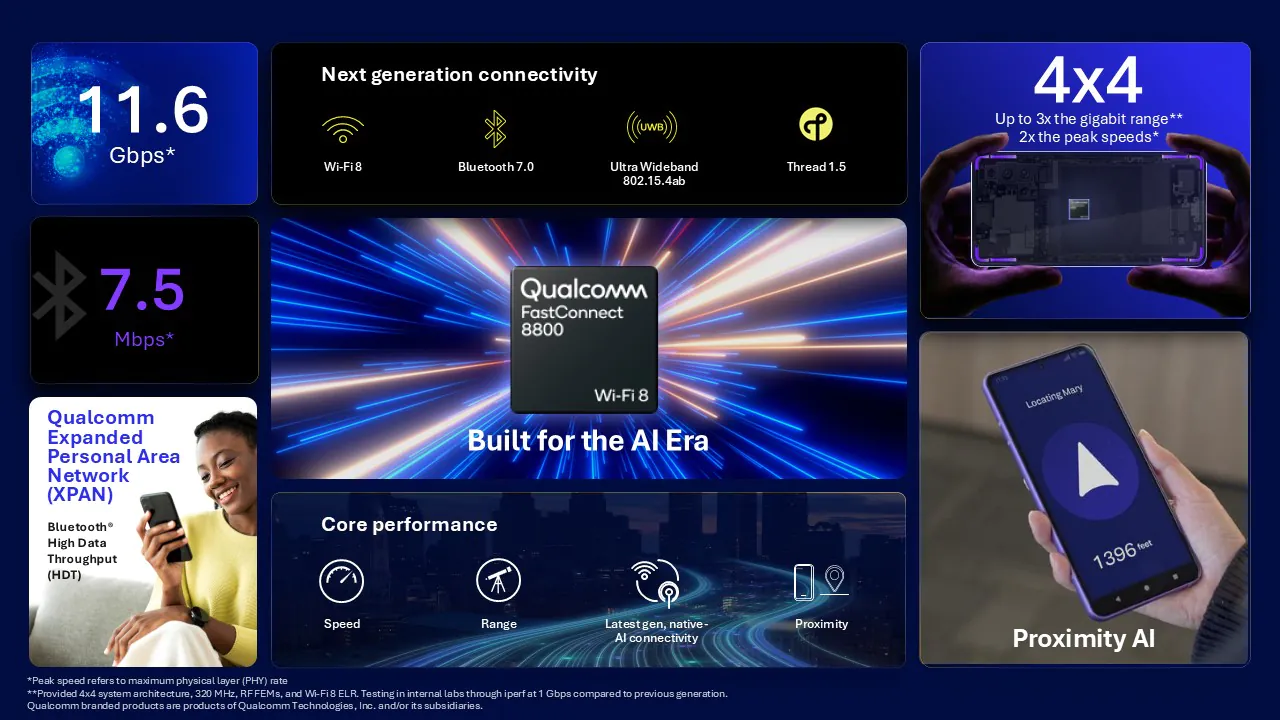OpenAI has introduced gpt-realtime, a new speech-to-speech model designed to deliver more natural voice interactions at lower cost. The launch builds on the Realtime API, which debuted in late 2024 and has since been adopted by developers to power low-latency, multimodal applications.
The company describes gpt-realtime as its most capable model for real-time audio. It is intended to handle more complex instructions, reduce tool-calling errors, and generate speech that better captures human expression. OpenAI also says the model interprets system messages and developer prompts more reliably, which could make it easier to integrate into a wider range of applications.
Performance benchmarks show notable gains over the previous December 2024 release. On Big Bench Audio, the new model reached 82.8% accuracy, up from 65.6%. On MultiChallenge, it improved from 20.6% to 30.5%. And on ComplexFuncBench, it jumped from 49.7% to 66.5%. These results suggest stronger comprehension of spoken input and more consistent handling of complex tasks.
Voice options have also expanded. The Realtime API originally launched with six voices, later growing to eight. Two new voices—Marin and Cedar—are being introduced, while the existing six have been reworked to sound more lifelike.
Beyond the model itself, OpenAI has added new features to the API, including support for remote MCP servers, image inputs, and SIP-based phone calling. Developers now also have the option to save and reuse prompts, streamlining application design.
Perhaps the most unexpected change is pricing. The gpt-realtime API is 20% cheaper than its predecessor, gpt-4o-realtime-preview, with rates set at $32 per million audio input tokens ($0.40 for cached input) and $64 per million audio output tokens. The reduction makes the model more accessible for startups and enterprises experimenting with voice-driven services.
With gpt-realtime, OpenAI is signaling its intent to push further into voice-first computing, positioning the model as both more capable and more affordable for developers building real-time conversational systems.







